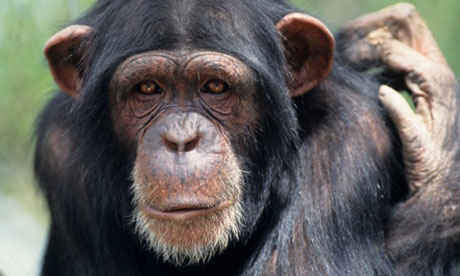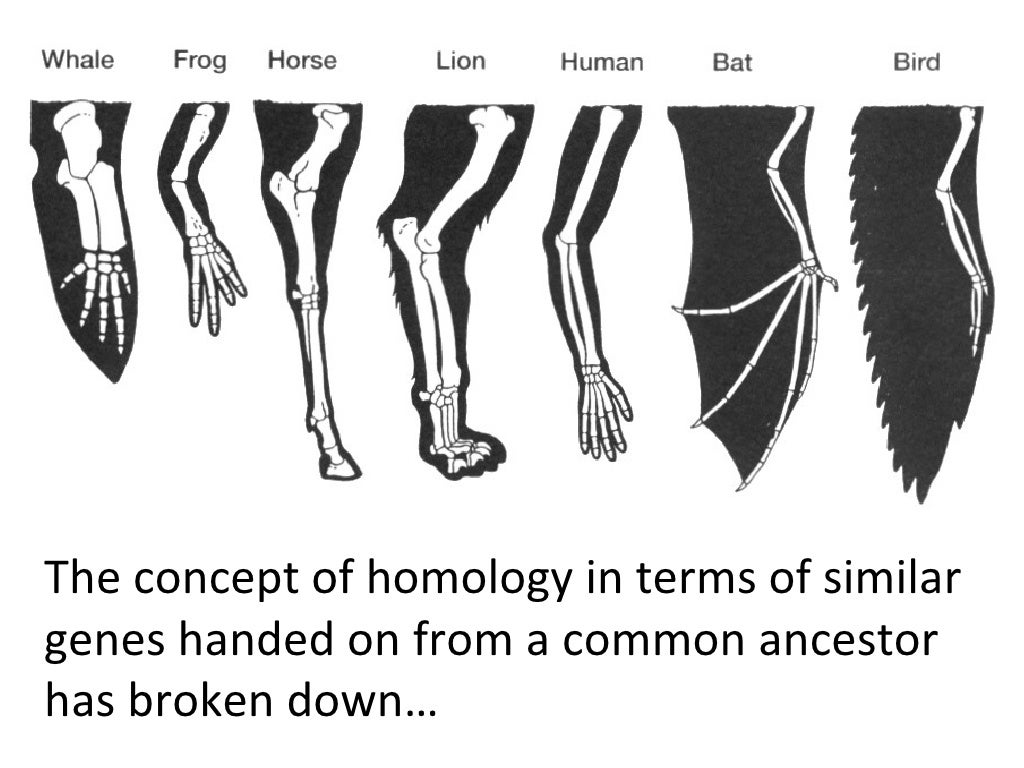


Failure to act will have devastating consequences, not just for these animals, but for future generations as well.Over the years, primatologists have reported on the life expectancies of wild chimpanzees in their native Africa, but few reports on their state in captivity exist. In conclusion, the conservation of African wild animals and their habitats is a critical and urgent priority. The disappearance of these animals will not only impact the delicate balance of the ecosystem but also result in the loss of unique species and their cultural and economic significance. Without conservation efforts, African wild animals face a bleak future, with shorter life spans and the risk of extinction. This difference highlights the critical need for conservation efforts to protect these animals and their habitats.Ĭonservation is not a task for tomorrow, it is an urgent priority that requires immediate action. The table highlights the drastic difference in life span between African wild animals in their natural habitats and those in captive environments such as zoos. When these animals are not protected and their habitats are destroyed, they become vulnerable to extinction. The life span of African wild animals is an important indicator of their overall health and well-being. Nevertheless, the table provides an interesting insight into the life span of African wild animals and how it can be affected by their environment. It is important to note that while captive animals may have a longer life span, they may also face different challenges and stressors compared to those in the wild.

Predation is another factor that affects the life span of African wild animals.

Adverse weather conditions, food shortages, and habitat loss can shorten the life span of these animals. The environmental conditions of the African savannah and rainforest play a significant role in the life span of wild animals. Factors Affecting the Life Span of African Wild Animals 1.


 0 kommentar(er)
0 kommentar(er)
